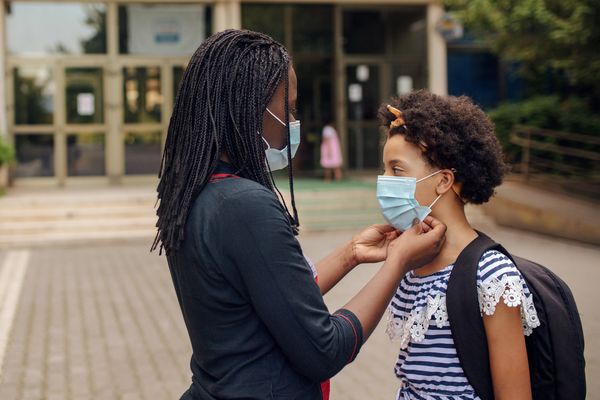My 15-month-old had a cough and runny nose for about two weeks. I asked her pediatrician if I could give her something to relieve the icky symptoms — which I assume, since my daughter’s not able to tell me, were sore throat and headache. The pediatrician’s response: "Give Tylenol or Motrin as needed to break any fever or reduce pain but no over-the-counter (OTC) cold and cough meds."
Bummer, but good medical advice. The U.S. Food and Drug Administration (FDA) doesn’t recommend OTC cold and cough medicines for children younger than 2. For infants and children younger than 2, those medicines may have serious and potentially life-threatening side effects, including death, convulsions, rapid heart rates and decreased levels of consciousness.
Luckily, there are other options to reduce your baby’s cold and cough symptoms. Here are some tips on how to safely treat your baby’s cold.
Reduce the fever. Pediatricians say a fever is significant when it's 100.4 degrees or more. If your child has a fever, call the doctor if: she’s younger than 6 months, has other symptoms, has had a fever for more than two days, or has not been vaccinated. In other cases, it's usually safe to use children's ibuprofen or acetaminophen. Never give a child aspirin. It poses a risk of Reye's syndrome, a rare but serious illness that affects the liver and brain.
A sponge bath with lukewarm water may help, too. Never use cold water, ice or rubbing alcohol. Dress your child lightly and don’t pile on blankets. Watch for signs of dehydration. Call the doctor immediately or go to the emergency room if your infant has dry diapers, a dry mouth or tongue or is not feeding well.
Keep the child hydrated. Give plenty of fluids, like water, milk or an electrolyte solution. Other home remedies to try: inhaled steam from a hot shower or a cool mist vaporizer may help a stuffy nose. If your child is eating solids, give chicken soup. Some studies show chicken soup may help reduce inflammation. If nothing else, it's nutritious and can help prevent dehydration.
Help clear the nasal passage. First use saline spray to loosen the mucus in the nose. Then, use a nasal aspirator to suck the mucus out. I love the NoseFrida. This is definitely not a fun experience and is easier to do with two people, so try and enlist someone to help! I generally do this in the morning and night when my daughter is very congested.
Soothe irritated skin under the nose. Petroleum jelly under the nose can soothe irritated skin.
Encourage quiet play and extra rest. Sleep really is the best medicine. While extra naps might not be in the cards, encourage softer play indoors. The downtime will help their immune system have the chance to fight off the cough and cold.
Let it play its course. There’s no cure for the common cold, a viral infection that cannot be treated with antibiotics, says FDA’s pediatrician Amy M. Taylor, MD, MHS. The best thing to do is wait it out. And give extra cuddles!







